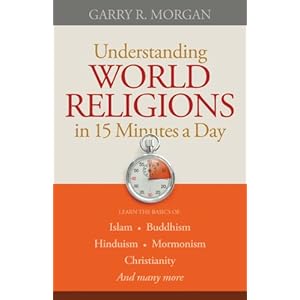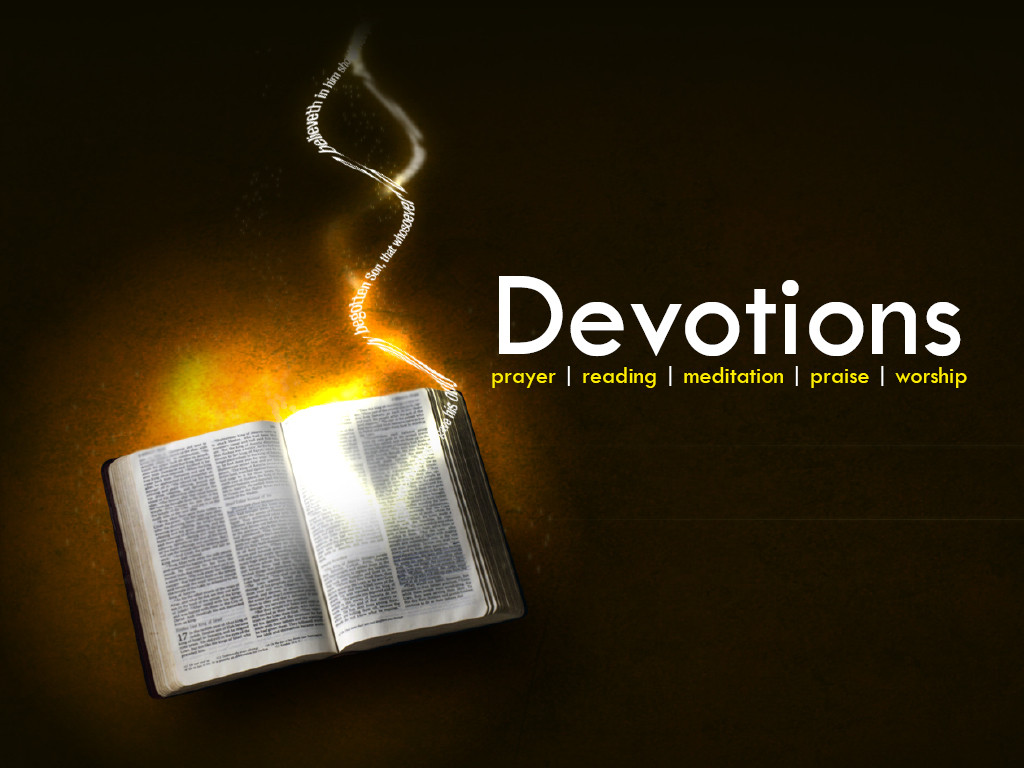
Noticing God
by Richard Peace
ISBN 978-0-8308-3821-9
Intervarsity Press
Reviewed by Clint Walker
When I was a youth pastor, I often went on mission trips with teens. Most often, I went with a group called Youthworks. During the evening worship service, the leaders are trained to lead a time of reflection called God-sightings, designed to lead the congregation in sharing times where they saw God's presence manifest among them. It is really quite meaningful for those teens and the adults with them, who often think they have come to serve others when they have really been on a service-based pilgrimage to encounter the power of God in their lives.
Noticing God by Richard Peace is a more adult, contemplative way of helping people discover the presence of God in their lives than what Youthworks does, but with a similar aim. Peace wants to help people experience the "habitual presence of God" (p. 13) in their every day lives. As he writes, he walks with his readers as a tour guide through the experience of life, pointing to the different ways that God is present with human beings. Some of the ways that he describes God showing up are more mystical mountaintop experiences, and others are more ordinary than that. The book is designed to teach people to encounter the divine both in the ordinary and the extraordinary. It accomplishes its goal.
After Peace describes several time-tested ways that people notice God's presence in the world, he offers considerable effort toward describing the process of discernment. The process of discernment is essential in the work of spiritual formation, and using it well is what separates people who use mystical tools as self-affirmation and therapy, and people who truly encounter God through the discipline of noticing God.
Of all the chapters, I was particularly intrigued by the discussion of encountering God in creation, culture, and the creative process. Personally, I have often sensed God's presence through the art forms of music and cinema. Yet, I have rarely heard persons who speak or write about spiritual formation go into much depth on how this happens or why it happens. Richard Peace does a little bit of this work, and for that I am personally grateful.
The book has a few helpful tools. It has a bibliography for further study. It also has a very well put together study guide for groups or individuals who want to dig into this book in an in-depth manner. This book will be a great primer in spiritual formation for church classes and introductory academic work as well. It is an asset to the literature on spiritual formation, and something that I will keep as a resource for years to come.



















